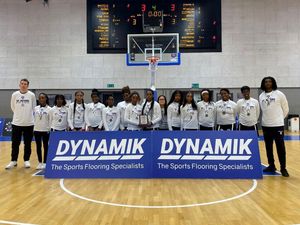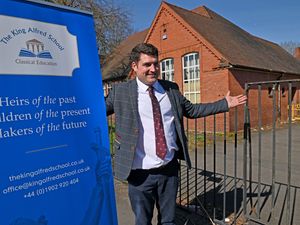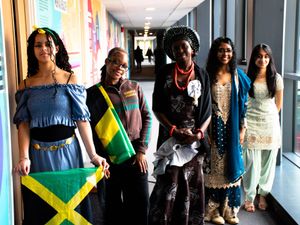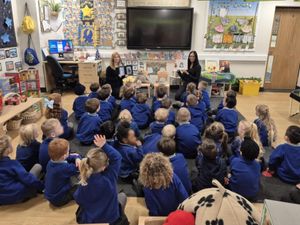Reviewing the Early Years Foundation Stage education strategy
Education blog: Faye Stanley looks at the education of early years students and the importance of learning in the first five years.
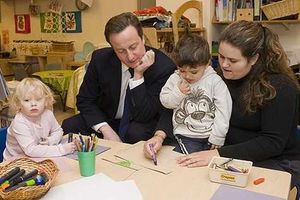
So here we are again with another government's recognition and commitment to the importance of children's learning in the first five years writes Faye Stanley.
Just as practitioners receive training and guidance on one initiative, they are now going to have to take on board another.
Every year, there are various missives from Ministries, which regularly change their name, and quangos, which have now been abandoned.
First we had 'Desirable Outcomes' (PDF), which was inevitably a 'top down' model of the National Curriculum and was generally welcomed by practitioners, as for the first time the age range from three to five years had been acknowledged as a stage of learning in its own right.
We then proceeded to have 'Birth to Three Matters',which flashed before our very eyes, and then more recently the Early Years Foundation Stage, which is now again up for review.
Ministers are concerned that the Early Years Foundation Stage framework is currently too rigid and puts too many burdens on the Early Years workforce, which has led to some of the workforce saying they are spending less time with children and more time ticking boxes.

